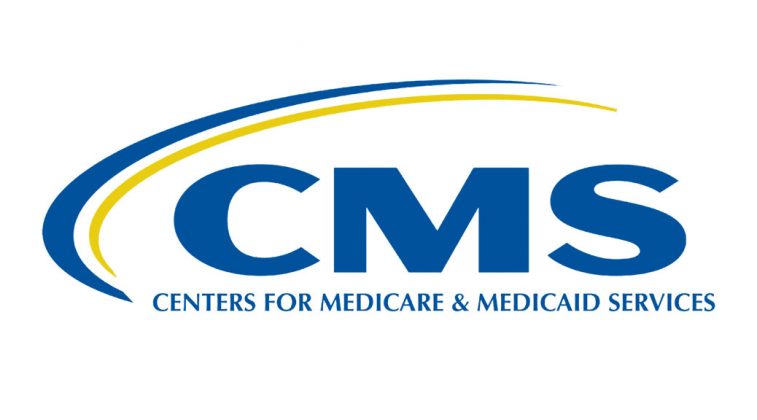The Centers for Medicare & Medicaid Services (CMS) finalized a rule updating Medicare enrollment and eligibility rules to strengthen coverage and ease enrollment, as required by the Consolidated Appropriations Act of 2021. The American Hospital Association (AHA) expressed support for the updates in an April letter to the agency.
Effective immediately under the rule, individuals with end stage renal disease who do not have other health insurance can enroll in Medicare Part B coverage for immunosuppressive drugs beyond the 36-month post-transplant period.
Effective Jan. 1, coverage for individuals enrolling in traditional Medicare during the last three months of their initial enrollment period or during the general enrollment period will begin one month after enrollment. The rule also creates special enrollment periods for people impacted by an emergency or disaster; who were formerly incarcerated or had their Medicaid eligibility terminated; or whose employer or health plan materially misrepresented information related to timely enrolling, among other exceptional conditions.
In addition, the rule requires states to specify their policy for paying Medicare Part A and B premiums on behalf of low-income individuals in their Medicaid plan; and limits states’ liability for retroactive Part B premiums to 36 months for certain full-benefit dually eligible beneficiaries, among other changes.
In OPPS final rule, CMS boosts payment rates by 3.8%; will pay ASP plus 6% for 340B drugs
CMS posted a final rule on its website that will increase Medicare hospital outpatient prospective payment system rates by a net 3.8% in calendar year 2023 compared to 2022. This update is based on a market basket percentage increase of 4.1%, reduced by 0.3 percentage points for productivity.
CMS also finalized proposals to establish the Rural Emergency Hospital (REH) model, a new provider type for eligible critical access hospitals and small rural hospitals beginning in Jan. 1, 2023. The rule finalized proposals related to model payment, covered services, conditions of participation, and quality measurements.
The agency also will, as urged by AHA, continue payment for remote behavioral health services furnished by hospital outpatient department staff beyond the end of the public health emergency. Patients will be allowed to receive remote services in their homes, including via audio-only technology, but CMS will require an in-person visit 6 months prior and every 12 months after the remote interaction.
Among other policies, CMS will require prior authorization for an additional service category, remove 11 services from the inpatient only list, and add four procedures to the ambulatory surgical center covered procedures list. CMS did not propose any new measures for the Outpatient Quality Reporting or Rural Emergency Hospital Quality Reporting Programs, but did finalize certain programmatic updates.
CMS issues CY 2023 physician fee schedule final rule
CMS released on its website its calendar year 2023 final rule for the physician fee schedule. The rule will cut the conversion factor to $33.06 in CY 2023 from $34.61 in CY 2022, which reflects the expiration of the temporary 3% statutory payment increase; a 0.00% conversion factor update; and a budget-neutrality adjustment. In addition, CMS will delay for one year (until Jan. 1, 2024) implementing its policy to define the substantive portion of a split (or shared) visit based on the amount of time spent by the billing practitioner. Under this policy, if a non-physician practitioner performed at least half of an Evaluation and Management (E/M) visit and billed for it, Medicare will only pay 85% of the PFS rate.
CMS also made updates to several policies for telehealth and opioid treatment programs. For telehealth, the final rule makes available at least through CY 2023 several services temporarily available as telehealth services for the COVID-19 public health emergency, and updates the originating site facility fee for CY 2023. The final rule also updates opioid treatment program payment rates.
CMS finalized numerous policy changes to the Medicare Shared Savings Program. For example, it will modify the manner in which accountable care organizations’ benchmarks are calculated to help sustain long-term participation and reduce costs. It also will provide increased flexibility for certain smaller ACOs to share in savings. In addition, the rule updates MSSP quality measurement policies, including a new health equity adjustment that will award bonus points to ACOs serving higher proportions of underserved and dual-eligible beneficiaries.




